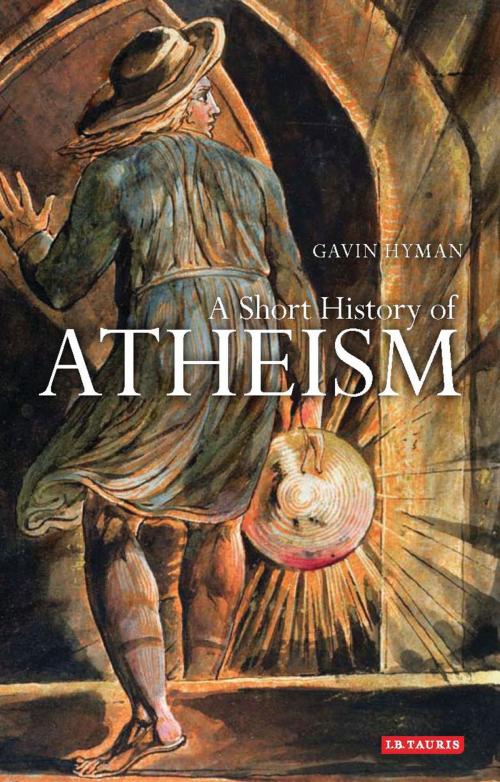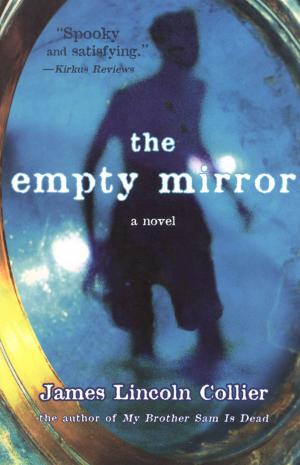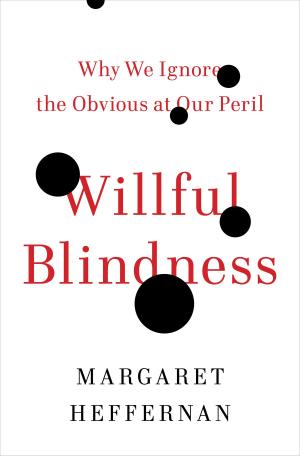A Short History of Atheism
Nonfiction, Religion & Spirituality, Other Practices, Atheism, Philosophy, Religious, Reference, History| Author: | Dr Gavin Hyman | ISBN: | 9780857730350 |
| Publisher: | Bloomsbury Publishing | Publication: | September 30, 2010 |
| Imprint: | I.B. Tauris | Language: | English |
| Author: | Dr Gavin Hyman |
| ISBN: | 9780857730350 |
| Publisher: | Bloomsbury Publishing |
| Publication: | September 30, 2010 |
| Imprint: | I.B. Tauris |
| Language: | English |
The last few years have seen a remarkable surge of popular interest in the topic of atheism. Books about atheism by writers like richard dawkins and Christopher Hitchens have figured prominently in bestseller lists and have attracted widespread discussion in the media. The ubiquity of public debates about atheism, especially in conscious opposition to the perceived social threat posed by faith and religion, has been startling. However, as gavin Hyman points out, despite their prevalence and popularity, what often characterises these debates is a lack of nuance and sophistication. They can be shrill, ignorant of the historical complexity of discussions about belief, and tend to lapse into caricature. What is needed is a clear and well-informed presentation of how atheistic ideas originated and developed, in order to illuminate their contemporary relevance and application. That task is what the author undertakes here.
Charting the rise of atheism as an explicit philosophical position (notably in the work of denis diderot), Hyman traces its development in the ideas of descartes, Locke and Berkeley, and draws too on the work of important contemporary scholars like amos Funkenstein and michael J. Buckley. arguing that the plausibility and persuasiveness of atheism is sustained by the demise of a religion that is defined by the presuppositions and assumptions of modernity, the author boldly suggests that atheism - like the belief to which it is antipathetic - is itself vulnerable to a future that challenges the intellectual inheritance of the enlightenment.
For anyone interested in the origins of atheism (whether they consider themselves to be 'an atheist', or 'religious', or indeed somewhere in-between), and in the rich cultural, philosophical and historical matrix out of which it emerged, A Short History of Atheism offers a fascinating exploration of the often surprising co-dependency of faith and its negation.
The last few years have seen a remarkable surge of popular interest in the topic of atheism. Books about atheism by writers like richard dawkins and Christopher Hitchens have figured prominently in bestseller lists and have attracted widespread discussion in the media. The ubiquity of public debates about atheism, especially in conscious opposition to the perceived social threat posed by faith and religion, has been startling. However, as gavin Hyman points out, despite their prevalence and popularity, what often characterises these debates is a lack of nuance and sophistication. They can be shrill, ignorant of the historical complexity of discussions about belief, and tend to lapse into caricature. What is needed is a clear and well-informed presentation of how atheistic ideas originated and developed, in order to illuminate their contemporary relevance and application. That task is what the author undertakes here.
Charting the rise of atheism as an explicit philosophical position (notably in the work of denis diderot), Hyman traces its development in the ideas of descartes, Locke and Berkeley, and draws too on the work of important contemporary scholars like amos Funkenstein and michael J. Buckley. arguing that the plausibility and persuasiveness of atheism is sustained by the demise of a religion that is defined by the presuppositions and assumptions of modernity, the author boldly suggests that atheism - like the belief to which it is antipathetic - is itself vulnerable to a future that challenges the intellectual inheritance of the enlightenment.
For anyone interested in the origins of atheism (whether they consider themselves to be 'an atheist', or 'religious', or indeed somewhere in-between), and in the rich cultural, philosophical and historical matrix out of which it emerged, A Short History of Atheism offers a fascinating exploration of the often surprising co-dependency of faith and its negation.















